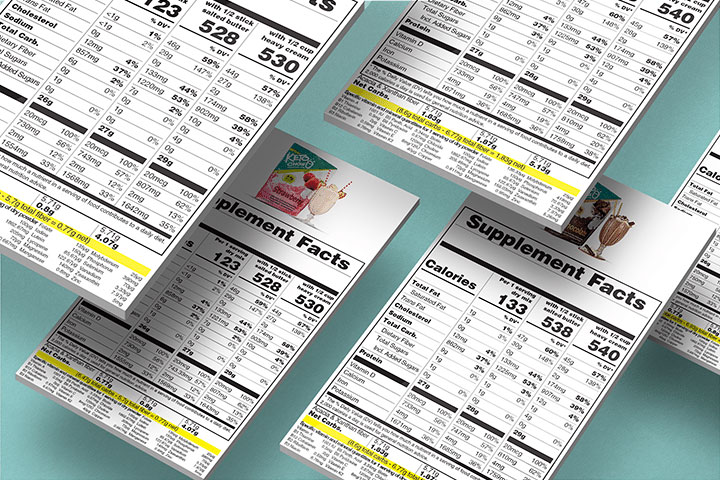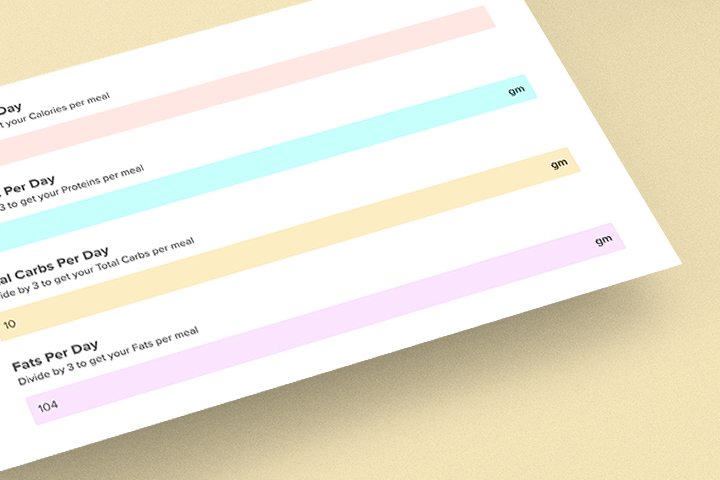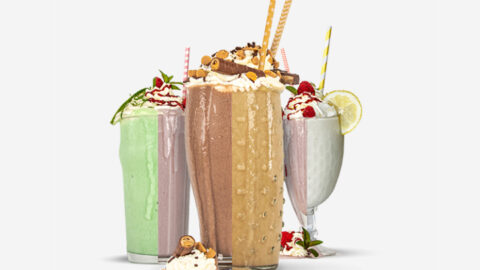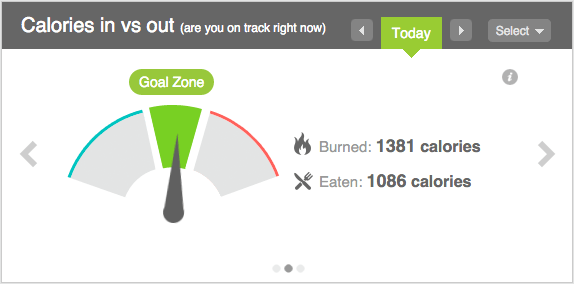So I was listening to the 2 Keto Dudes podcast and something Richard Morris said struck me as extremely important.
There’s a lot of heated debate in fitness and nutrition about “Calories In = Calories Out” – also known by the shorthand CICO. The basic premise is that: You lose weight if you eat fewer calories than you need, including calories from exercise. This thinking also assumes that people who are fat got that way because they eat too many calories (it’s a character flaw they should be deeply ashamed of) and they stay that way because they are too lazy to just exercise (again, it’s a character flaw they should be ashamed of). People who are fat got that way and stay that way because they indulge in “sinful” behavior and as a society we condemn them, mock them and denigrate them openly. It’s pretty much the only socially acceptable prejudice nowadays.
I think that line of thinking is stupid and reprehensible, among other things.
Here’s what I got from Richard’s comments. Conventional wisdom says that:
(Calories Consumed) – (Calories Burned) = (Calories Stored as fat)
Everything I’ve seen (with decent science behind it, and the fundamentals of how insulin works) say that instead:
(Calories Consumed) – (Calories Stored as fat) = (Calories Burned)
It’s a slight change in the order – which one is the cause and which one is an effect, but let’s look at what this means: If we take the standard CICO model and I eat 2000 calories a day, my BMR burns off 2500 calories (it was actually 2218 last time I had it measured but let’s keep the math simple) and I do absolutely no other exercise during the day I would have a negative energy balance of 500 calories. The standard model says each pound of fat is 3500 calories, so my 500 calorie deficit would have me losing 1 lb a week. Isn’t that a nice simple story? Guess what, our bodies aren’t that simple, especially considering the active metabolic management we have going on. If you cut intake by 500 calories a day, your body isn’t going to simply continue on at 2500 BMR, it will adapt down to fit the energy it’s given… unless you are able to mobilize the stored energy you have it your fat cells.
There’s a problem with that: if you have high levels of insulin in your blood, your body WILL NOT allow you to access energy stored as fat. From an energy balance standpoint, if your insulin is too high, you have the same energy stores as a theoretical person who has 0% body fat. Neither of you will have access to stored energy in fat and both will run out of energy when your blood glucose drops. “Carb Coma” anyone?
So let’s look at that second equation, it may not be a perfect model for the human metabolism but it’s far closer to explaining the observable data. So I eat 2000 calories in a day. If I eat mostly bread, fruits, and other carbohydrates; my body will dump insulin into my blood in an effort to deal with the potentially toxic levels of glucose running around. My cells (particularly my fat cells) will key off the insulin and dutifully pull the glucose out of the blood. I’ll be able to burn some of that 2000 calories in my muscles but much of it is going to go straight to fat storage. Let’s say that 500 calories (a number I’m making up out of thin air, again: easy math) gets stored – that means I only get to use 1500 calories for “keeping the lights on”… except I need 2500 today. My body will figure out a way to keep things going, either by breaking down non-essential muscle cells or other means, but you can be certain I won’t feel like running up the stairs, going for a walk… or anything. I’ll just want to lay down and find some food so my cells can get some energy (except the same insulin issue will arise). Eventually, my cells will get used to reduced calorie availability and my base metabolic rate will go down to fit what is available. Nature abhors a vacuum.
On the other hand, let’s assume I eat 2000 calories in a day, but most of that is in the form of calories that do not create an insulin response: a moderate amount of protein (so I don’t have to cannibalize muscles to rebuild cells), the smallest amount of carbohydrates possible, and the remainder of those calories as fat. One article does an astounding job of explaining how the different macronutrients affect insulin (and debunks the “you should eat many small meals” myth), but the short version is: fats have little discernable insulin response, protein has a slight-to-moderate response and carbohydrates cause a massive insulin response. Don’t believe me? ask a type 1 diabetic about dosing insulin for 500 calories of rice vs. 500 calories of cheese. So back to the thought problem: I have 2000 calories but my blood sugar didn’t spike and my insulin didn’t spike either. For argument’s sake let’s say 100 calories get stored away somewhere (probably as glycogen in my liver or muscles) so I still have 1900 calories to work with. I need 2500, so I need 600 more from somewhere… well my insulin is low… so I can mobilize energy stored in fat cells! Holy cow, I have all the energy I need! (usually 100,000 calories or MORE).
The funny thing is: this all still works if you decide you’d like to fast for several days. Your insulin is low and you have all the energy stored you could possibly want. Many people report massive energy after 36+ hours of fasting (you still drink water and get electrolytes). Anyhow, that’s the rant for today. If CICO is true then if you are overweight it’s because you suck as a human being, stop eating so much and should just get up and move more – is that really so hard? If the alternative is true (and I believe it is), then you are overweight because the foods you’ve been told are “healthy” (“low fat” cookies? “whole wheat” bread?) have messed up your insulin response to the degree that you are storing much of the energy you consume. So get rid of the rice, the pasta, the bread, THE SUGAR and go for the foods that will make you healthy. A ketogenic diet is essentially taking this a bit to the extreme, it’s a major intervention for people whose metabolism and insulin response are broken because of years of too much junk. Many people appear to be just fine living mainly off carbohydrates, that’s fine for them – I’m not one of those people.
I tell people I don’t eat sugar because I’m allergic to it, “how do you know you’re allergic to sugar?” they say. Simple: it makes me fat.








